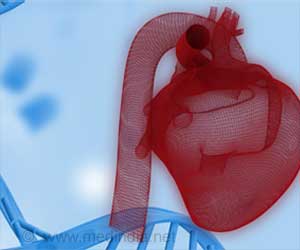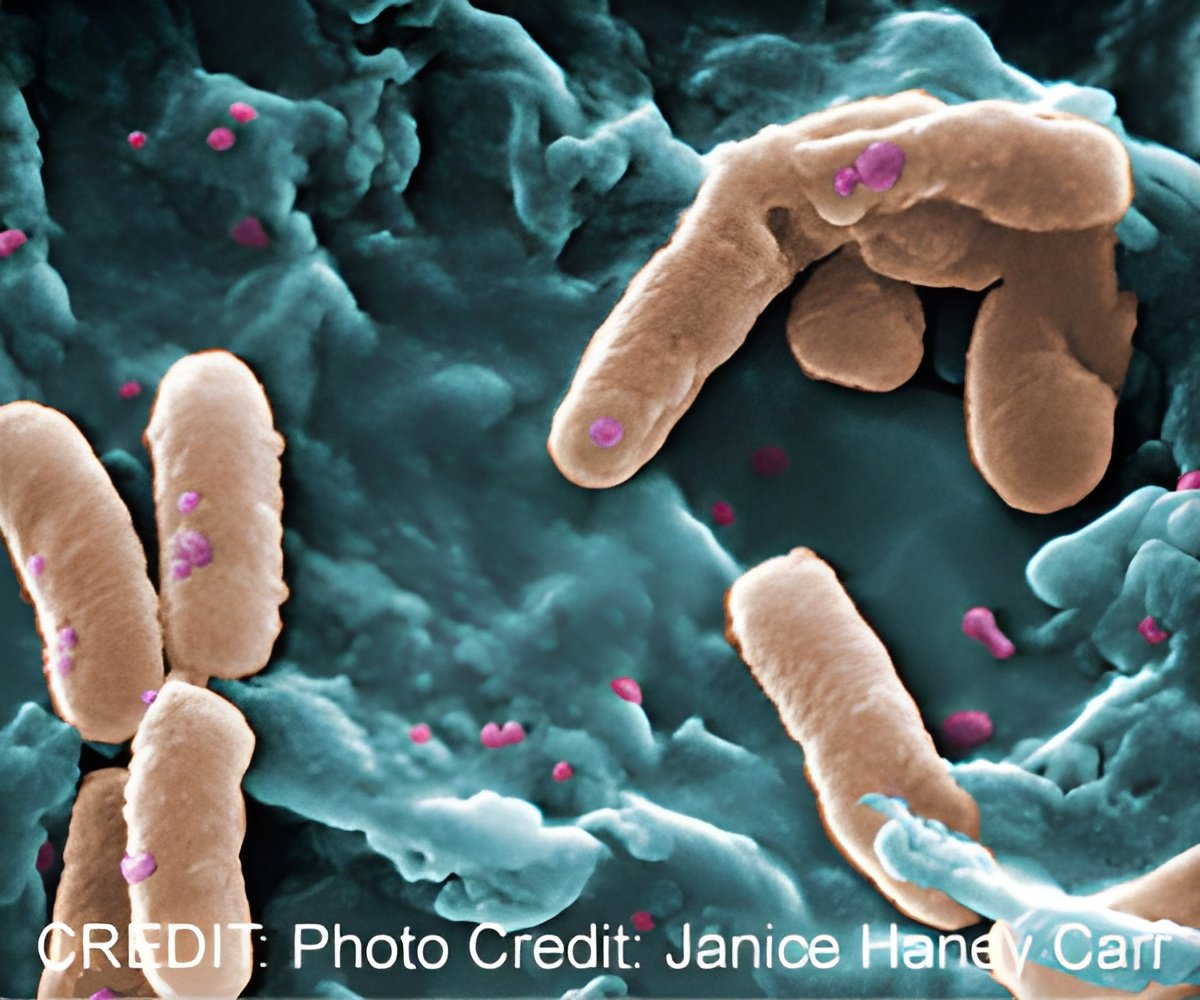Variations in Circadian Rhythms
The existing data point to the existence of daily rhythms of heart function that are due to greater stimulation by the nervous system during the day. However, the present study demonstrates how circadian rhythms within each heart cell can affect the heart rate.
“Many life-threatening problems with the heart happen at specific times of day, and more often in shift workers. We think that when the circadian clocks in the heart become desynchronised from those in the brain, as during shift work, our cardiovascular system may be less able to deal with the daily stresses of working life. This likely renders the heart more vulnerable to dysfunction,” says Dr. John O’Neill, from the MRC Laboratory of Molecular Biology, who led the study.
It was found that as much as 30% changes were noted in the sodium/potassium levels in isolated cells and heart tissue. This imparts a striking two-fold daily variation to the electrical activity of isolated heart cells.
“The ways in which heart function changes around the clock turn out to be more complex than previously thought. The ion gradients that contribute to heart rate vary over the daily cycle. This likely helps the heart cope with increased demands during the day, when changes in activity and cardiac output are much greater than at night, when we normally sleep. It opens up the exciting possibility of more effective treatments for cardiovascular conditions, for example by delivering drugs at the right time of day,” says Dr. John O’Neill.
Source: Medindia



